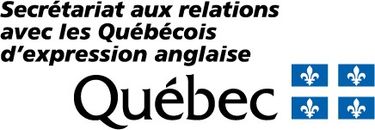Researcher, Mercator European Research Centre on Multilingualism and Language Learning, Frisian Academy (Netherlands)
February 2022
Recently, you presented a study on the topic of family language policies among parents in Quebec who are raising children in multilingual home environments. What are some of the key points that emerged from this research?
This presentation was based on a project I am involved in with colleagues from Concordia and McGill (including fellow QUESCREN researcher-member Krista Byers-Heinlein) that was funded by the CRBLM. We looked at parents who are raising infants/toddlers with multiple languages in the home: English, French, and heritage languages. One important finding is that parents seem to be raising children multilingually for three main reasons. Firstly, because they believe that multilingualism holds utilitarian value, so it will be useful for their children in later life. Secondly, because parents believe that multilingualism is linked with social identity and in-group loyalty, so it will help their children be a part of their linguistic community and communicate with the people who are part of that community. Thirdly, because they believe that multilingualism imparts cognitive benefits, such as making their children better learners and more flexible thinkers.
Interestingly, we also found that parents in Quebec do not seem to be very concerned about multilingualism having negative long-term consequences for their children. In public discourses, we often hear about parents worrying about multilingualism entailing developmental delays, but the parents in our study did not seem overly concerned about this. This may well be due to multilingualism being so widespread in Quebec, so that parents have many positive examples for multilingualism “working out well”, so to speak.



